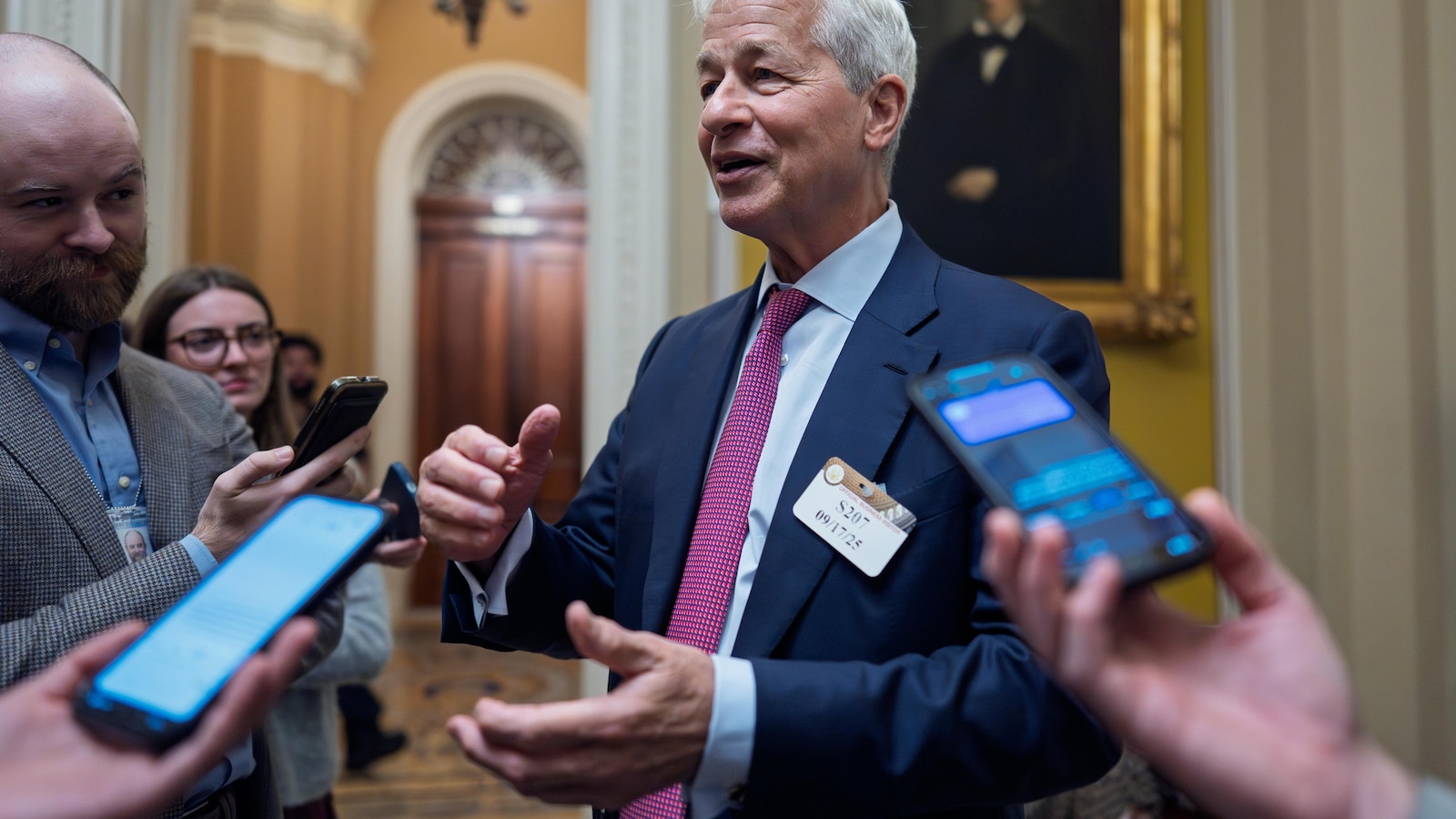Brace yourselves for a disturbing revelation: JPMorgan Chase, the behemoth that blurs the line between banking and banditry, has decided to dump $10 billion into U.S. companies with 'crucial ties to national security.’ Yes, you heard right, national security is now on sale in the marketplace of corruption, and Wall Street couldn’t be happier.
So what's the play here? Is the banking giant suddenly filled with patriotic zeal? Or perhaps they've developed a newfound respect for the military-industrial complex? Don't be naive. This is about power, control, and profit - the unholy trinity that fuels the corporate engine of JPMorgan.
Remember, this is the same institution that profited from the 2008 financial crisis, a calamity of their own making. We're talking about the same firm that was fined more than $920 million for rigging precious metals and treasury markets. And now they're positioning themselves as the financial overlords of the national security sector. The audacity is staggering, yet unsurprising.
But what's even more egregious is how the mainstream media is swallowing this news. They're selling it as a savvy investment move, a means of bolstering the national economy. Their near-sighted narratives conveniently ignore the glaring conflicts of interest and the potential for corrosive influence that such a move entails.
JPMorgan's investment isn't a benign boost to the economy. It's a calculated move to entrench themselves deeper into the fabric of power. And let's not forget that JPMorgan Chase isn't a dispassionate observer. They're a financial titan with a vested interest in shaping the national security agenda in ways that benefit their bottom line.
So what does this mean for the American public? Well, for starters, it means that decisions regarding national security could be tainted by the priorities of private profit, rather than public interest. It means that crucial aspects of our national defense might be dictated by the whims of Wall Street, not the needs of the nation.
And let's not forget about accountability. When the inevitable failures occur, who will be held responsible? Will it be the fat cats at JPMorgan, comfortably insulated by their wealth or will it once again fall squarely on the shoulders of tax-paying, working-class Americans? History tells us it's likely the latter.
So instead of swallowing the corporate-speak and cheerleading this move, it's time we, as a society, question the wisdom of placing national security in the hands of corporate monoliths. It's time to reassess the unchecked power of financial institutions and their insidious influence on critical aspects of our national life.
The JPMorgan's saga is not just about one bank's expansionist ambitions. It's symptomatic of a much larger problem – the incestuous relationship between big finance and power. It’s a stark reminder of how financial capitalism, left unchecked, can colonize every aspect of our lives, including national security.
Don’t be fooled by the corporate jargon and the glossy PR. This isn't about fostering economic resilience or supporting national security. It's about the relentless pursuit of power and profit. It's about the corporate colonization of critical public sectors. It's about the commodification of national security and the risk that entails for us all.
The time for complacency is over. It's time we stand up and demand transparency, accountability, and a firewall between the profit-seeking appetites of Wall Street and the critical needs of national security. The price of inaction could be far greater than we can afford.

Comments